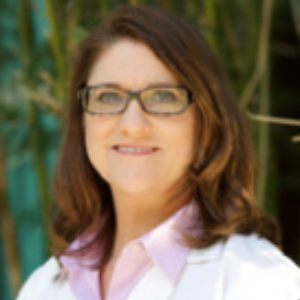Title : Survivorship Care Plans: A Process to Comply with Accreditation Standards During the Covid-19 Pandemic
Abstract:
Background/Problem
The National Accreditation Program for Breast Centers (NAPBC) require a Survivorship Care Plan (SCP) be created and delivered to ≥50% patients receiving curative treatment within one year of cancer diagnosis and no later than six months after completion of adjuvant treatment. The Comprehensive Breast Health Center (CBHC) at UCSD Moores Cancer Center, was not compliant during the first year of the Covid-19 pandemic. Obstacles to compliance included large numbers of appointments being cancelled or transitioned to video visits and a systemic staffing shortage.
Goal Statement: The goal of this project was to create a simple, sustainable method to deliver SCPs to ≥50% of patients completing treatment. Prior to project initiation, January–December 2020, 230 SCPs were created and 90 were delivered (39% of eligible patients).
Description of the Innovation: An interdisciplinary root cause analysis led to the following innovations: envisioning an electronic system of delivery, partnering with information technology staff to deliver SCPs via EPIC, and using data analytics to anticipate SCP due dates.
Outcomes including evidence of baseline and outcome data: January–December 2021, 545 SCPs were created and 406 were delivered (75% of eligible patients), an improvement of 61% over baseline. During our May 2022 NAPBC accreditation audit, 100% of randomly selected charts had a SCP, and we received accolades for exceeding criteria when most centers had abandoned SCP distribution during the pandemic.
Implications and significance: Utilizing technology has transformed our productivity and compliance with NAPBC standards. We have shared this innovation with other cancer center departments who hope to produce similar results.



